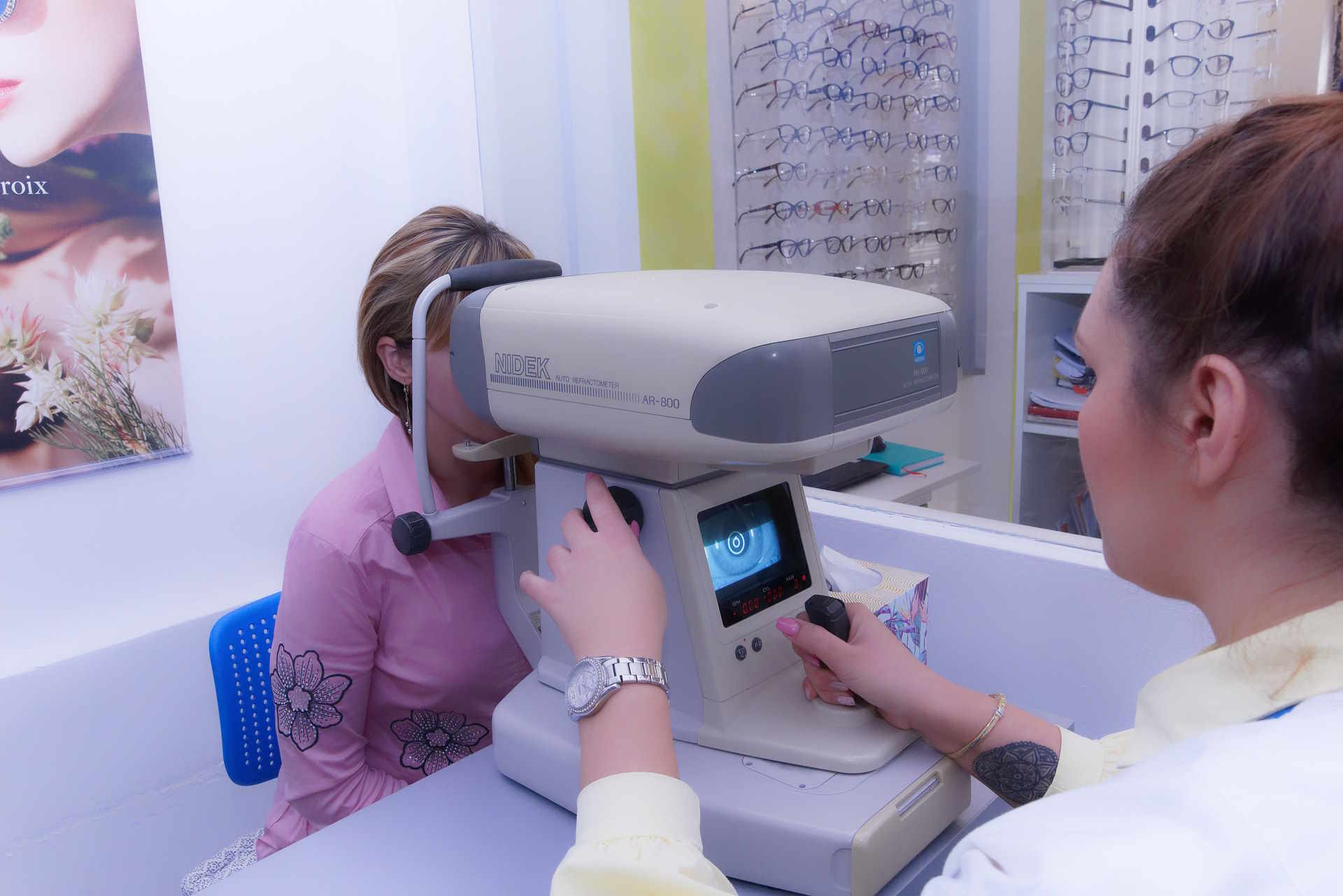General Information on Nasal Polyps and Treatment Options
Nasal polyps are soft, noncancerous growths that can form in the lining of the nasal passages or sinuses. Treatment options may include nasal sprays, medications, or surgical procedures, depending on the size, symptoms, and guidance provided by a licensed healthcare professional.

What are nasal polyps and how do they form?
Nasal polyps are benign growths that develop in the mucous membranes lining the nasal passages and sinuses. They typically form due to chronic inflammation in these areas. While the exact cause of nasal polyps is not fully understood, several factors can contribute to their development. These include allergies, asthma, chronic sinusitis, and certain immune disorders. Nasal polyps can vary in size, from small growths that cause minimal discomfort to larger ones that obstruct airflow and lead to more severe symptoms.
What are the common symptoms of nasal polyps?
Individuals with nasal polyps may experience a range of symptoms, which can vary depending on the size and location of the growths. Common signs include:
-
Nasal congestion or obstruction
-
Reduced sense of smell
-
Postnasal drip
-
Facial pressure or pain
-
Frequent sinus infections
-
Difficulty breathing through the nose
-
Snoring or sleep apnea
It’s important to note that some people with small nasal polyps may not experience any noticeable symptoms. However, as the polyps grow larger, they can cause more significant discomfort and health issues.
How are nasal polyps diagnosed by medical professionals?
Diagnosing nasal polyps typically involves a combination of medical history review, physical examination, and specialized tests. A healthcare provider will first ask about symptoms and perform a visual inspection of the nasal passages using a lighted instrument called a nasal endoscope. This allows them to see inside the nose and identify any visible polyps.
In some cases, additional tests may be necessary to confirm the diagnosis or assess the extent of the condition. These may include:
-
Imaging studies: CT scans or MRI scans can provide detailed images of the sinuses and nasal cavities.
-
Allergy tests: These can help identify potential triggers that may contribute to polyp formation.
-
Nasal and sinus cultures: These tests can detect the presence of bacteria or fungi that may be causing inflammation.
What are the conventional treatment options for nasal polyps?
The treatment approach for nasal polyps depends on their size, severity of symptoms, and individual patient factors. Conventional treatment options include:
-
Nasal corticosteroid sprays: These are often the first-line treatment to reduce inflammation and shrink polyps.
-
Oral corticosteroids: Short courses of oral steroids may be prescribed for more severe cases.
-
Other medications: Antihistamines, antibiotics, or antifungal medications may be used to address underlying causes or complications.
-
Nasal irrigation: Saline rinses can help clear nasal passages and reduce inflammation.
-
Surgery: In cases where medications are ineffective, endoscopic sinus surgery may be recommended to remove polyps and improve sinus drainage.
Are there any home remedies or lifestyle changes that can help manage nasal polyps?
While medical treatment is often necessary for nasal polyps, certain home remedies and lifestyle changes can complement professional care and help manage symptoms:
-
Nasal irrigation: Using a neti pot or saline spray can help clear nasal passages and reduce inflammation.
-
Humidification: Adding moisture to the air can prevent nasal passages from drying out and reduce irritation.
-
Avoiding triggers: Identifying and avoiding allergens or irritants that may exacerbate symptoms can be helpful.
-
Steam inhalation: Inhaling steam from a bowl of hot water or taking a hot shower can temporarily relieve congestion.
-
Elevating the head while sleeping: This can help improve nasal drainage and reduce congestion.
It’s important to note that while these methods may provide some relief, they should not replace professional medical advice or prescribed treatments for nasal polyps.
What are the latest advancements in nasal polyp treatment?
Recent advancements in nasal polyp treatment have expanded the options available to patients, particularly for those with chronic or recurrent polyps. Some of the latest developments include:
-
Biologic medications: Monoclonal antibodies, such as dupilumab, have shown promising results in reducing polyp size and improving symptoms in patients with chronic rhinosinusitis with nasal polyps.
-
Targeted drug delivery: New methods of delivering medications directly to the nasal passages and sinuses are being developed to improve efficacy and reduce systemic side effects.
-
Minimally invasive procedures: Advanced endoscopic techniques and balloon sinuplasty offer less invasive alternatives to traditional sinus surgery for some patients.
-
Immunotherapy: For patients with allergies contributing to their nasal polyps, allergen immunotherapy may help reduce inflammation and prevent polyp recurrence.
-
Combination therapies: Researchers are exploring the benefits of combining different treatment modalities to achieve better long-term outcomes for patients with nasal polyps.
While these advancements offer new hope for many patients, it’s crucial to consult with a healthcare provider to determine the most appropriate treatment plan based on individual circumstances and medical history.
In conclusion, nasal polyps can significantly impact a person’s quality of life, but various treatment options are available to manage symptoms and address the underlying causes. From conventional medical therapies to emerging treatments and lifestyle modifications, a comprehensive approach tailored to each patient’s needs can help effectively manage nasal polyps and improve overall nasal health.
This article is for informational purposes only and should not be considered medical advice. Please consult a qualified healthcare professional for personalized guidance and treatment.




